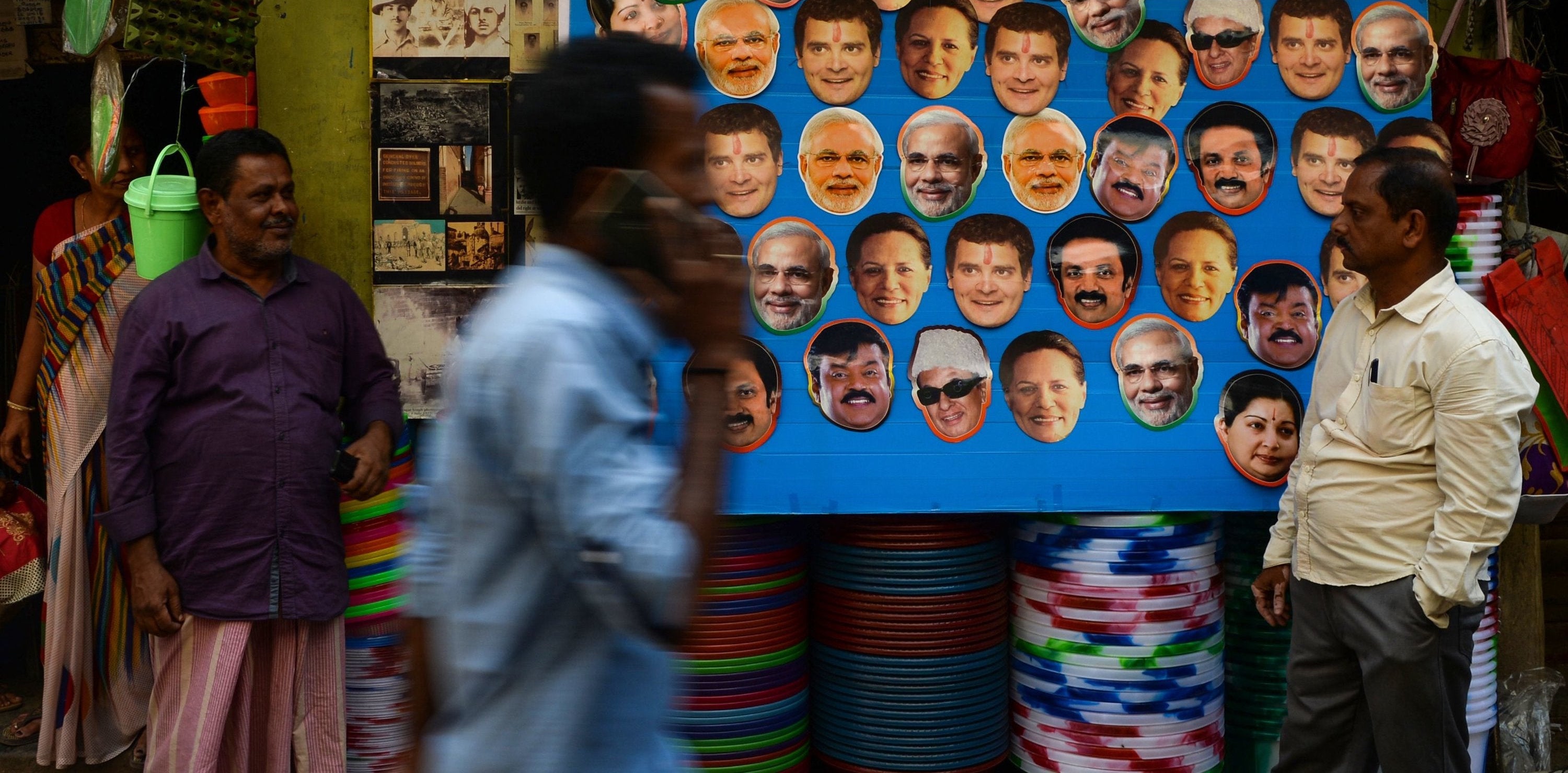This study aims to shed light on India’s youth representation in the recently concluded Lok Sabha elections. Young India Foundation gathered data of candidates contesting 2019 Lok Sabha elections and analysed it on a constituency level.
Download the full study here.
India's independence in 1947 followed by the drafting of a republican constitution was an experiment both unprecedented in scale and remarkable in practice. An experiment with democracy in an impoverished country with a largely illiterate population. Many scholars mocked our constitutional drafters and predicted an imminent collapse. Today, 67 years after our first elections, that bold experiment continues, as India recently conducted her 17th Lok Sabha General Elections. Apart from being a young and vibrant democracy, India is also a young country with nearly 600 million under the age of 25—the highest in the world. Although young demographically, India's political class does not reflect this.
The average age of a Lok Sabha MP is typically over 50 and several obstacles continue to exist for the inclusion of youth in our political system ranging from fund-raising, political party support and laws that restrict the age of representatives to over 25. This study aims to shed light on India's youth representation in the recently concluded Lok Sabha elections. Young India Foundation gathered data of candidates contesting 2019 Lok Sabha elections and analysed it on a constituency level. Engaging young people in politics is critical for safeguarding and strengthening the future of democracy, particularly in a young country such as ours. Participation is a fundamental democratic right. Data collected from the Election Commission also highlights that 45 million young people became eligible to vote since 2014. The objectives of the study are to catalogue youth participation in the recently concluded 2019 Lok Sabha Elections. In order to investigate the contribution of the youth, it is important to settle on a reasonable definition of youth. While the current National Sample Survey Office's 2017 Youth in India' report classifies them as 15-34 years of age, the United Nations definition defines it as 15-24 years old. In our analysis, we have settled on an age range of 25-29 years, keeping in mind the age restrictions imposed by the constitution.
Over the course of three months, the students collected information from the Election Commission of India's websites, candidate affidavit filings and media sources. In addition to candidate age information, our volunteers have also highlighted some key youth candidates, their respective backgrounds and motivations to run. Some have gone above and beyond the tasks of presenting basic information to paint a picture of the historical and social contexts behind the states they were tasked to research in order to identify reasons why youth participation may be limited. At Young India Foundation, we believe that the study's results paint an important picture about youth participation. While India's democracy is diverse and drawing broad trends across states can be difficult, it is evident that low youth participation in the electoral process is a national trend. Where such candidates contest, they are often fighting as independents with limited resources and against well-oiled party machineries. Very often, these candidates perform poorly, often not winning more than 5% of the votes polled within a given constituency. Despite these odds, several candidates choose to enter the fray, often motivated by causes that are ignored by mainstream parties including transgender rights, employment and local development issues. It is our hope that these candidates, highlighted in the study, serve as a motivation to others seeking to drive change and that parties across the country seek to diversify their current candidates and platforms so as to be more inclusive of 65% of India's population.
Authored by Sanskruti Yagnik, Abhishek Dalal, Aahil Sheikh, Apoorva Jain, Ankit Mathew, Tushar Goyal, Rishma Saha, Shambhavi Raj Singh, Nupur Thapliyal, Shravani Joshi, Diya Gosh, Silvester Kennedy, Kareem Mohammed, Kartikeya Uniyal, Aditi Someshwar, Chandrayee Bagchi, Ajinkya Soman, and Himanshu Aggrawal.




